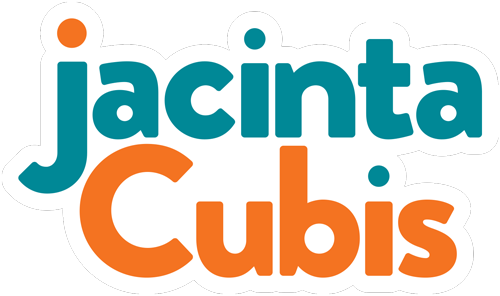Tools
We have two toolboxes in our garage. It could be a sign of the fact that we met at a ‘mature’ stage of our life, with our own ‘baggage’.
Our toolboxes are full of things I recognise, like hammers. The purpose of some of the other implements is more perplexing, but we keep them in the hope that one day, we might find them useful for….something.
Facilitators have tool kits too, I hear. I’m as baffled by that as some of the gadgets in our real toolboxes. I read all sorts of advice that tell me how to add to, expand and enhance my tool kit. Surely it’s just a case of looking at your supplies and factoring in a visit to the $2 dollar shop or favourite stationery outlet.
You see, I think tools are things you can hold and touch (masking tape). Open and close (a box of pins). Move (a whiteboard on wheels). Shake (maracas, that instrument with all the little bells on it). Pull off and stick (coloured dots, sticky notes, blu-tac).
Happily, I’m not on my own here. I just checked with my friend, Johnnie Moore in Cambridge (UK), about my recollection of his dissing of the word ‘tools’. His reply is worth quoting verbatim:
“Oh yes, I've often said vaguely curmudgeonly things about ‘tools’ because they evoke ideas of things that are solid, for dealing with solid mechanical problems. Most human stuff is fuzzy and interconnected so I'd rather talk about experiments and activities.” Well said Johnnie.
My facilitator’s ‘toolbox’ is my wheely bag. It’s full of the things I use in workshop in real rooms.
Those other ‘things’ are activities and processes. I can’t touch or hold them. They might be concepts, ideas – ‘fuzzy’ as Johnnie says. They are the bread and butter of facilitation that you can’t hold, open, cut, stick or sink your teeth into.
It must be said that some of these activities and processes need tools to bring them to life, to be made active. Tools like markers, post-it notes, photographs, masking tape, a portable speaker, playing cards…and the list goes on.
And yet, while it could be said that a facilitator needs a toolbox as much as they need activities, I hope that the former is more dispensable than the latter. To illustrate: I can facilitate without a whiteboard and markers (much as I’d miss them) but I can’t facilitate without my ‘mindbox’ of processes and activities.
So maybe that’s it. I take my ‘mindbox’ and my ‘toolbox’ to all my workshops – on site or online – and rustle through both to find what the group needs. And like the toolboxes in our garage, there are some things that still perplex me but hope to understand what they are for, one day.
But it doesn’t stop there. Your ‘mindbox’ and ‘toolbox’ are nothing without you and your skill. Your skill is more important than your tools or activities. How you create and hold space, listen deeply, question thoughtfully and guide empathetically. No matter how sophisticated the tool or creative the activity, neither is of any value without you.
I guess this means that the tools can get a bit rusty and dusty, the activities and processes remain uncategorised and unfiled. Your wheely bag is always well-stocked and your activities prepared. But you are the most important thing you bring to your practice. Sharpening your self-awareness is more important than sharpening any tool or polishing any activity.
Photo: The other collection of tools in our house, ‘Tooly Birds’, which were found in cereal packets from 1970. Harry Hammer, Muggsie Mallet and friends are purely decorative, despite their work-like names.
What do you think? I’d love to hear. Just reply to this email and let me know.
P.S. My short guide, the (Fl)awesome Facilitator, talks about the value of self-awareness. If you haven’t yet got a copy yet, you can download it here.
(Fl)awesome Facilitator Group Training
Does your team need to refresh and rejuvenate your facilitation skills? Do you want to be able to nail the purpose of workshops with your manager or clients? Do you want to expand the activities and processes that you use with groups? My (Fl)awesome Facilitator group training supports your team to deliver incredible value with authentic flair. Find out more:



